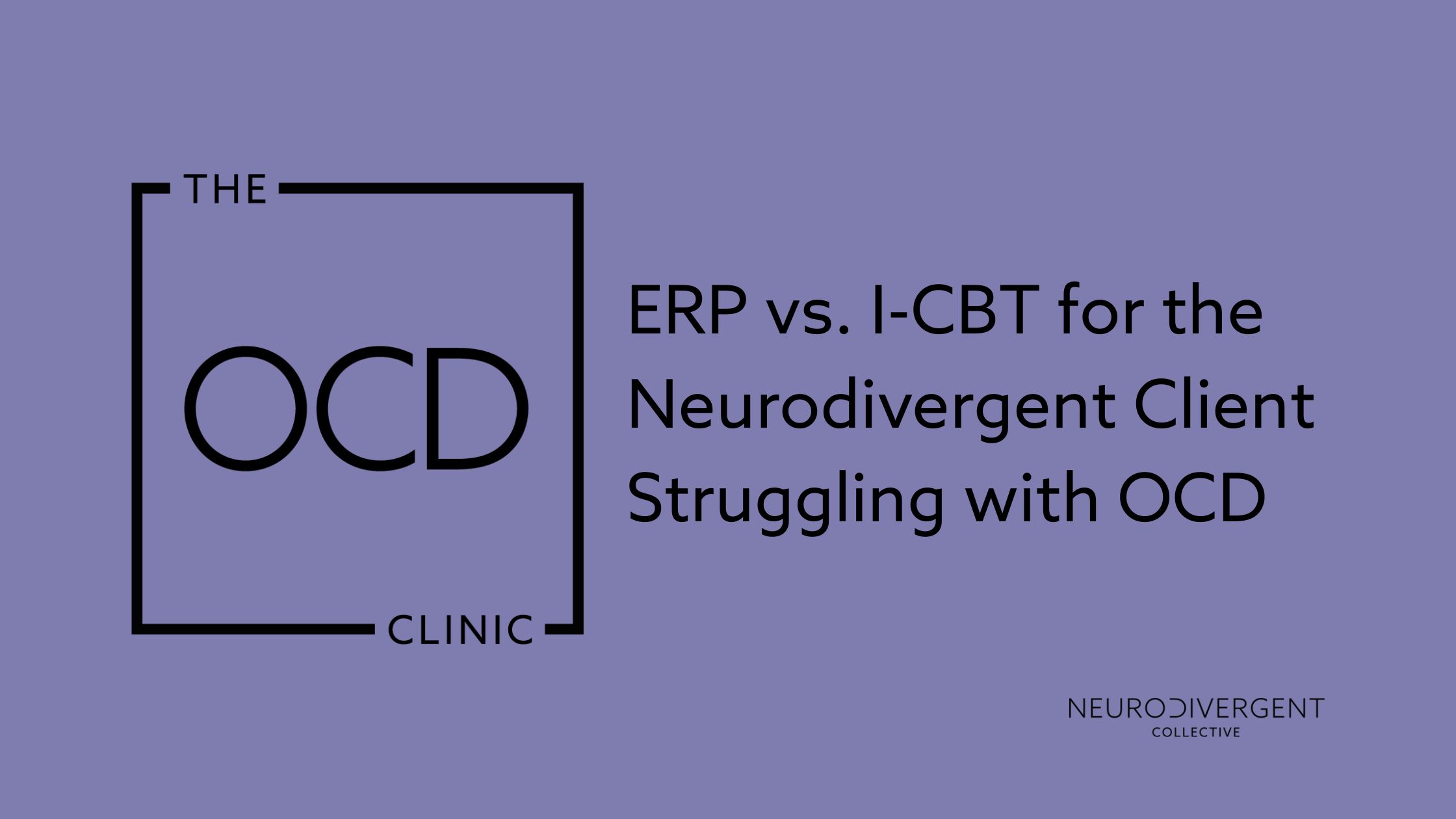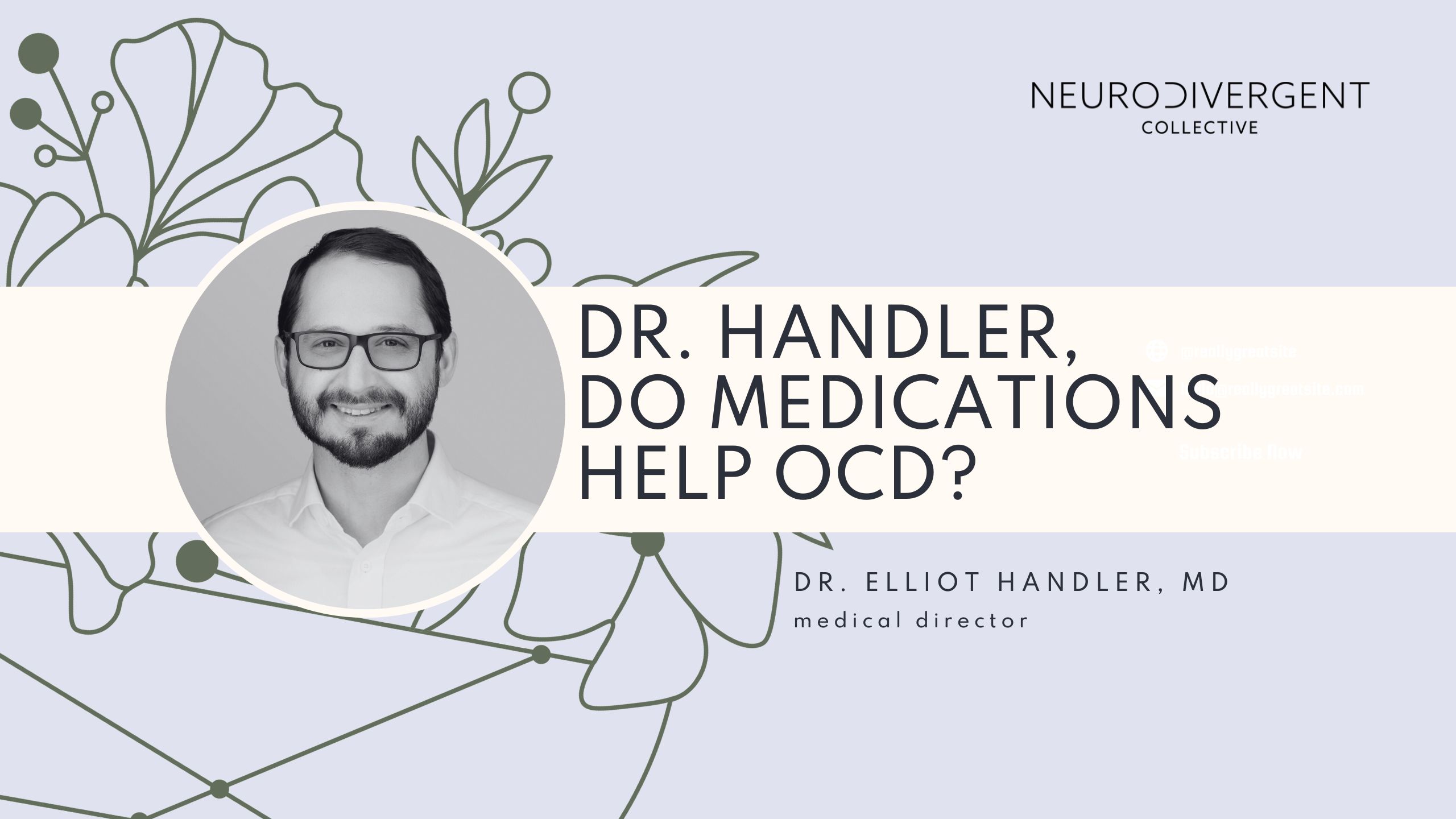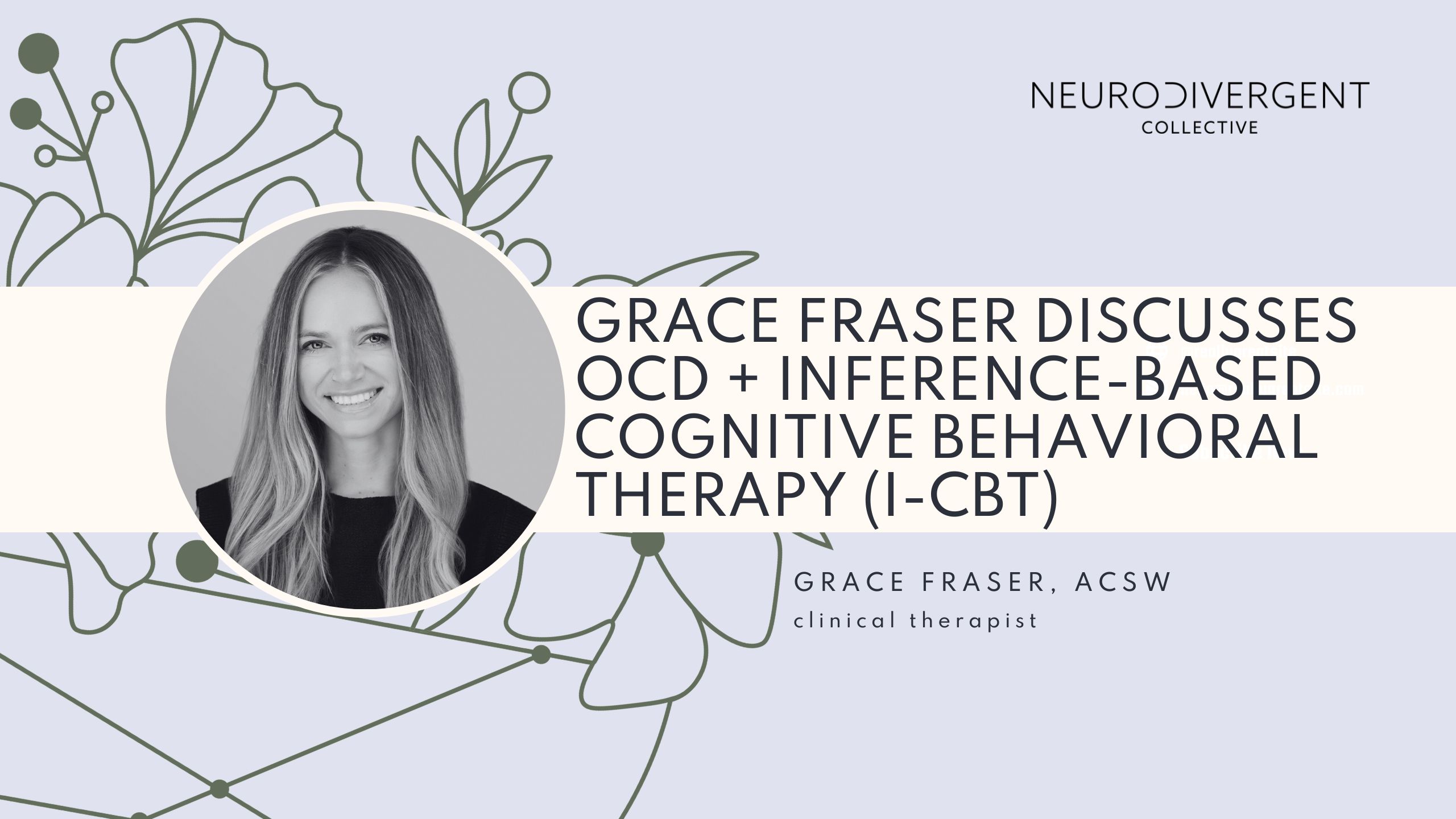The OCD Clinic at The Neurodivergent Collective

The Neurodivergent Collective’s 8-week OCD clinic is structured to offer multi-modal, evidence-based care, ensuring a comprehensive approach to symptom resolution. The core of the program integrates highly effective group modalities, specifically Exposure and Response Prevention (ERP), the most established treatment focused on gradually reducing the power of obsessions by facing fears without performing rituals, and Inference-Based Cognitive Behavioral Therapy (I-CBT), a distinct cognitive strategy that targets the underlying reasoning process and obsessive doubt, notably without the use of exposures. These are augmented by Acceptance and Commitment Therapy (ACT) and Narrative Therapy to address the broader psychological impact of OCD for a neurodivergent person.
Complementing the 8-10 hours of weekly group work, the clinic provides crucial individual support tailored to unique clinical needs. This includes ERP and I-CBT delivered one-on-one for deep personalization and fidelity. Recognizing that co-occurring conditions can complicate treatment, The OCD Clinic also offers specialized individual interventions such as Eye Movement Desensitization and Reprocessing (EMDR) for phobias, thereby providing specific tools to address trauma-related hypervigilance or sensory sensitivities often present in the neurodivergent population that might impede progress in standard behavioral or cognitive therapies.

Exposure and Response Prevention | ERP Focus
Exposure and Response Prevention (ERP), the traditional first-line treatment, functions by systematically challenging the client’s fear response through graduated exposure to obsessive triggers while strictly prohibiting compulsive rituals. For the neurodivergent client, the benefit of ERP lies in its behavioral structure and emphasis on habituation—the client learns, through direct experience, that the feared outcome does not materialize and that the distress dissipates without engaging in the compulsion. However, a critical clinical consideration is that the exposure component may be intensely challenging for clients with high sensory sensitivities (e.g., in Autism Spectrum Disorder) or acute hypervigilance (e.g., complex trauma/PTSD), as these factors can lead to rapid nervous system dysregulation that impedes the necessary process of habituation. To maximize efficacy and minimize avoidance, the support provided by an Exposure Coach—facilitating exposures across clinic, community, and home settings—is vital for modulating environmental variables and ensuring the client remains within their Window of Tolerance.
Inference-Based Cognitive Behavioral Therapy | ICBT Focus
Inference-Based Cognitive Behavioral Therapy (I-CBT) offers a compelling alternative by focusing not on the anxiety generated by the obsession, but on the reasoning process that generates the initial obsessive doubt. This modality is particularly well-suited for neurodivergent clients who are highly analytical, reflective, or verbal processors. I-CBT helps the client distinguish between reality (as perceived by the senses) and the OCD-driven inference (a hypothetical possibility or doubt), thereby dismantling the foundation of the obsession itself. Crucially, I-CBT explicitly avoids exposure work, making it an excellent choice when behavioral interventions are poorly tolerated or consistently lead to decompensation due to sensory or emotional overload.
DO YOU HAVE A QUESTION?
Send our team a message or call 888.717.9355




